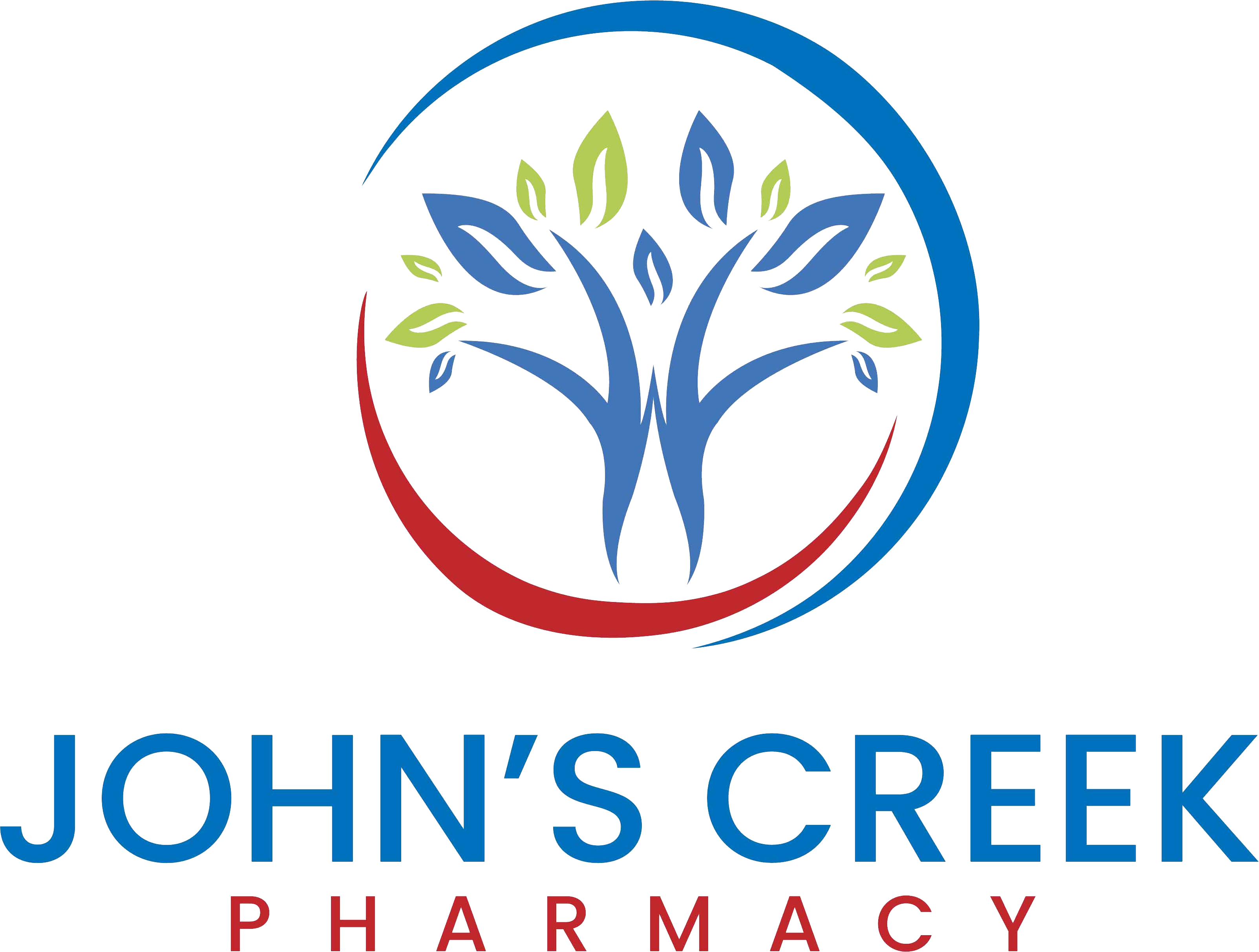It’s not what you think; I want to talk to you about preventive maintenance scheduling. Countless Black women, we won’t even mention Black men, live a poor quality of life and/or die prematurely simply because they skip routine visits to the doctor. While I truly understand the rationale behind self-diagnosis—please excuse my peremptory tone— change orders are imperative and must be our new narrative. When was the last time you made a change for the better that wasn’t a direct response to a change for the worse? October is Breast Cancer Awareness Month, so at minimum, ask your healthcare provider about a screening.
Preventive maintenance scheduling, or PMS, rose to prominence shortly after World War II. In a nutshell—and sometimes I find myself highly allergic to proactive routines—it’s all about fixing machines before they break beyond repair. While our bodies are not machines, if we are truly seeking optimal wellness levels, we will look for the low hanging fruit in our daily rhythms and routines. There are several types of preventive maintenance programs, but I want to focus on prescriptive maintenance, and not just because it sounds like a prescription. This should tell you not only when but why equipment breaks down and what you can do to curtail the costs. If you can identify and understand patterns of inheritance, you can launch a preemptive strike on diseases and set sail for a new destination for your family. Lena Horne said it best, “It’s not the load that breaks you down, it’s the way you carry it.”
The Center for Disease Control and Prevention (CDC) states that Black women are three to four times more likely to die during childbirth than white women. According to the medical journal “The Lancet,” America has the highest maternal mortality rate of any industrialized nation on Earth. While much of this is a direct correlation between risk factors and predicted outcomes, learning about potential outcomes could be the first step in changing the outcome itself. I encounter women on a regular basis who do not have a primary care physician; instead, they opt for clinics and urgent care facilities on an as-needed basis and bring me their prescriptions. While financially feasible for a flu shot or stuffy nose, this creates an atmosphere of low trust in worse-case scenarios that could cause you to delay treatment. Not having a relationship with your doctor could cause you to waste time that you don’t have. Some say they can’t afford to visit the doctor; I say you can’t afford not to.
During my last year in pharmacy school, I became pregnant for the first time. I had occasional headaches and nausea, but I figured these were badges of honor and came with the territory. It wasn’t until my second OBGYN visit that I realized my extraordinary problems were far too ordinary in the Black community. Preeclampsia is 60% more likely for Black women according to heart.org. To exacerbate the high-risk pregnancy, I was also diagnosed with an incompetent cervix and had to have an emergency procedure 22 weeks into my pregnancy. Tina K. Sacks, author of the book “Invisible Visits: Black Middle-Class Women in the American Healthcare System,” masterfully talks about how many studies point to Black uneducated women without healthcare while ignoring the fact that the same issues are prevalent amongst educated affluent Black women as well. Trust me, I know that health equity is virtually nonexistent in our community. A survey conducted by onlinedoctor.com from 2021 revealed that 21% of Black women experienced body-shaming at the hands of a doctor. The UCLA Newsroom did research in 2018 that showed the proportion of Black physicians in the past 120 years in this country has only changed by 4%. While the country is 12.8% Black, only 2.8% of doctors in America are Black females. You may not have the resources of Serena Williams or Beyoncé, and while this is not your fault per se, it is your problem. In my humble opinion, making it into professional football and having a Black female team owner who understands you would be easier than locating a Black female physician who understands your tendencies, upbringing, and collective consciousness. If your name is Santia Deck, you can do both.
“An ounce of prevention is worth a pound of cure.” —Benjamin Franklin
Being a Black female pharmacist who understands you, I suggest breaking things down even smaller. Start with a mere gram of prevention. Take baby steps towards your goals. As I stated earlier, to say I had a rough pregnancy would be a gross understatement. There are lifestyle changes that I was forced to make that could’ve been made prior to having my unborn son’s survival jeopardized. I have a new saying: “make decisions under caress and not duress.” I am asking each reader to establish stretch goals and immediately attainable goals. Subsequently, identify any physical, mental, or spiritual habits that honestly don’t align with those non-negotiable goals of yours.
In conclusion, this October, please don’t just rock your pink T-shirt that matches your mani-pedi and crossbody bag. Ask your healthcare provider about scheduling a mammogram. There’s a wonderful checklist for women that can be found at urologyhealth. org entitled, “Women’s Checklist What Black Women Should Know.” Utilize this resource to learn about timelines for various screenings, and please also encourage others.

